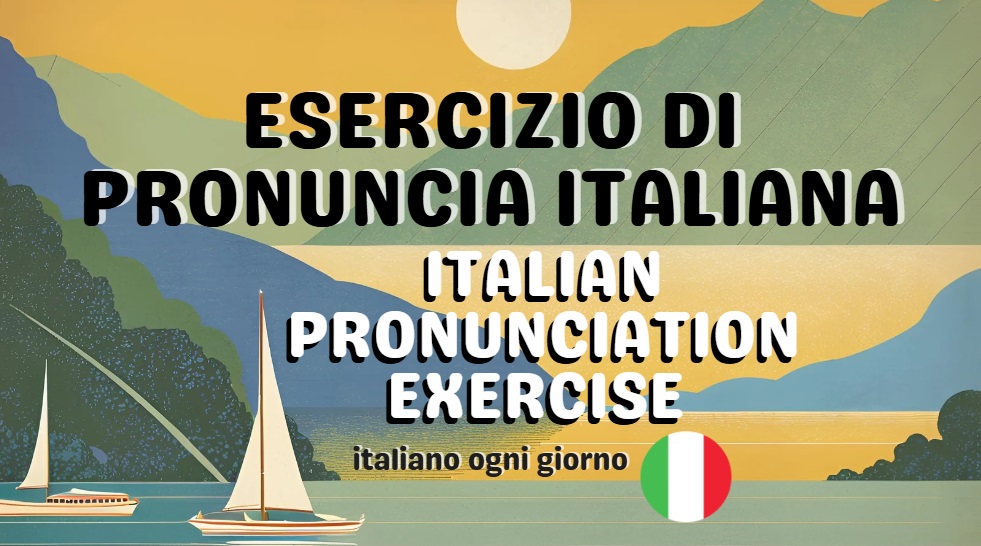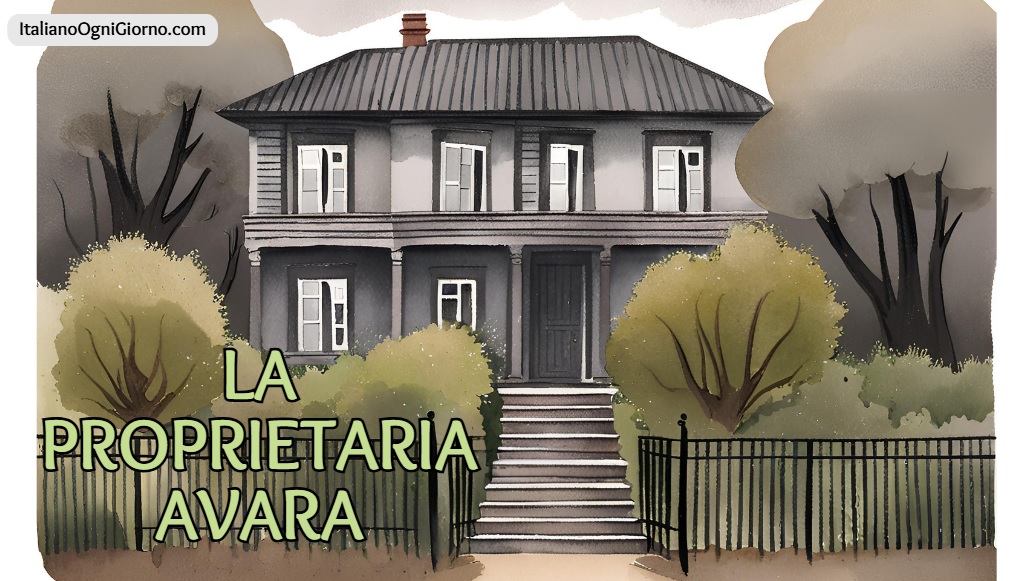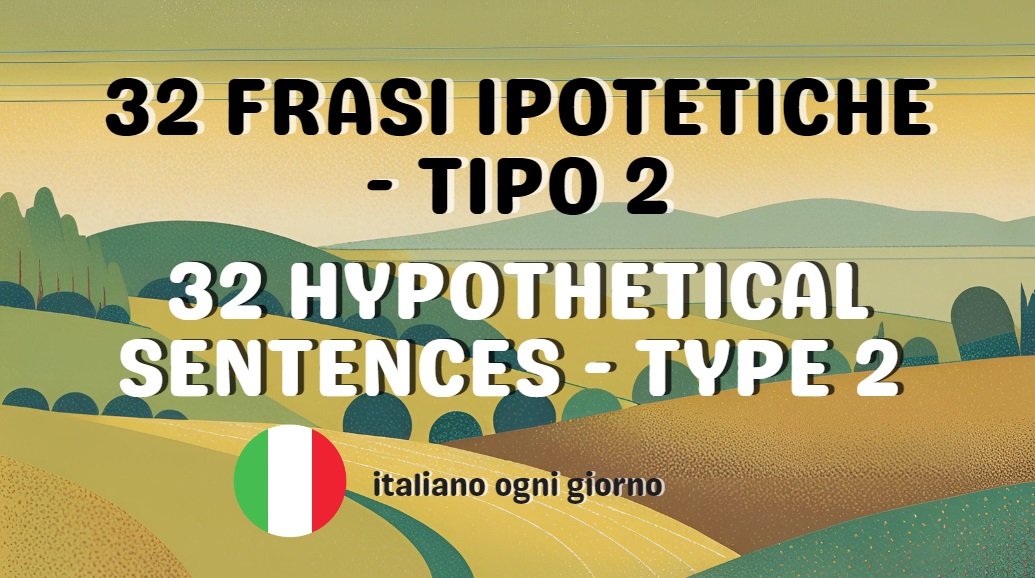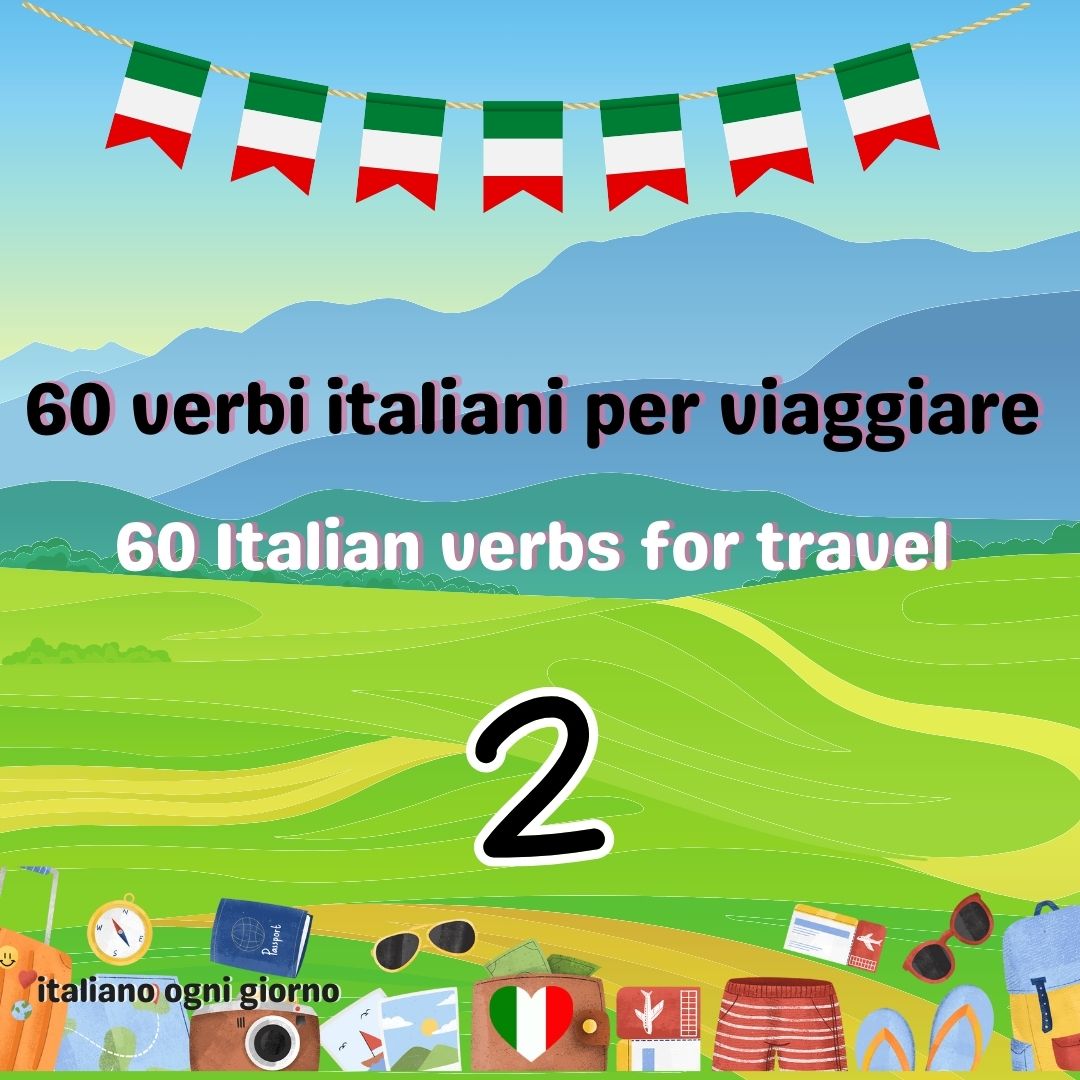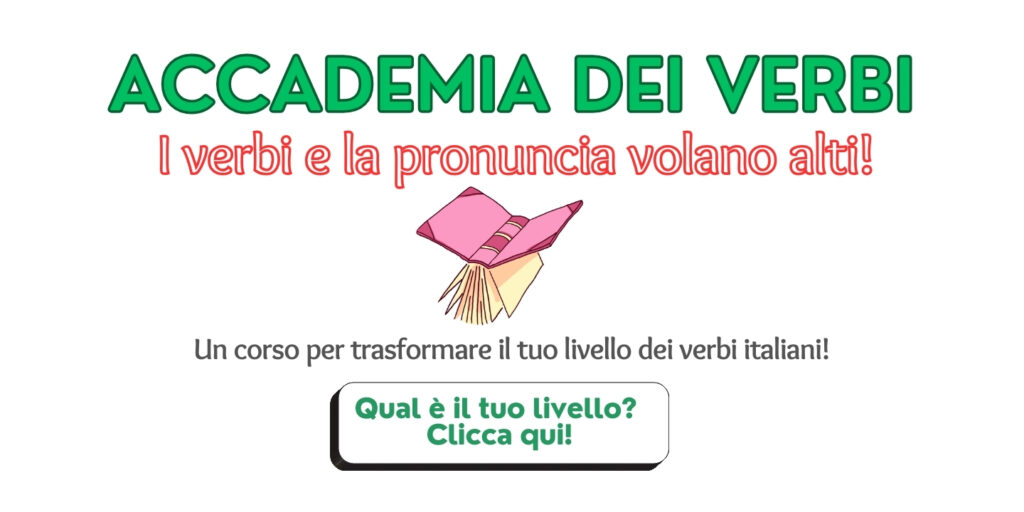(English follows)
Questo nuovo racconto per il livello A1, chiamato “Le scale al nuovo anno”, è una storia sulla fine del’anno e le aspettative per il nuovo anno.
Il PDF include il testo italiano e la traduzione in inglese, e inoltre le domande e le risposte di comprensione e il vocabolario. Buona lettura!
———————————————
Il racconto di questa lezione ha 5 fasi:
- Ascolta la storia senza il testo in italiano.
- Ascolta una seconda volta con il testo.
- Studia il vocabolario della storia.
- Rispondi alle domande di comprensione.
- Ascolta e ripeti la storia con più velocità.
Ascoltare la storia senza il testo è importante per imparare i suoni e parlare automaticamente.
Metti un “mi piace” (un like) alla storia se vuoi altre storie come questa!
Ripeti questa lezione ogni giorno per una settimana.
La ripetizione è importante per parlare e pensare in italiano.
English version:
This new story for level A2, called “”Le scale al nuovo anno/ The stairs to the new year”, is a story about the end of the year and expectations for the new year.
The PDF includes the Italian text and the English translation, as well as comprehension questions and answers and vocabulary. Enjoy!
———————————————
The short story in this lesson has 5 steps:
- Listen to the story without the text in Italian.
- Listen a second time with the text.
- Study the vocabulary in the story.
- Answer the comprehension questions.
- Listen and repeat the story at a faster pace.
Listening to the story without the text is important for learning sounds and speaking automatically.
Repeat this lesson every day for a week.
Repetition is important for speaking and thinking in Italian.
With constant repetition you don’t translate words and you don’t think about grammar.
If you repeat the same sentences out loud they become natural when you speak Italian.
Download the PDF of the story with the text and vocabulary
Like the story if you want more stories like this!
Download the PDF of the story with the text and vocabulary:
- La Pasqua nell’arte italiana

- Racconto italiano: La disdetta del frullato al cacao A2/B1

- Come si usa il gerundio

- Racconto italiano: La gatta sull’albero /A2

- Racconto italiano: Le scale al nuovo anno /B2

- 32 frasi ipotetiche del primo tipo in italiano

- Una rassegna: Cosa abbiamo studiato in italiano nel 2024?

- Racconto italiano: Un giorno perfettamente imperfetto /A2

- Racconto italiano: Le scale al nuovo anno /A1



